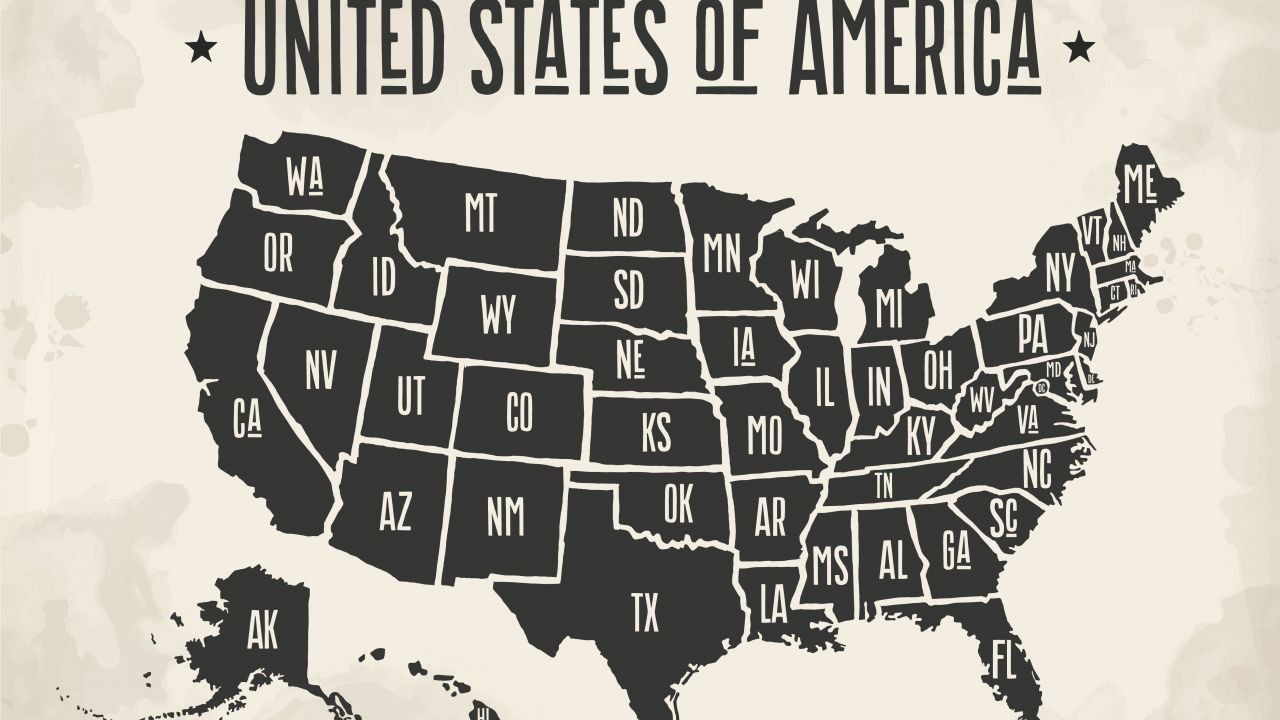In the case of a total loss, current replacement cost is best described as what it would cost (in today’s dollars) to rebuild only the structure from the slab up. Assuming a structure is completely destroyed, we can assume the slab would still remain. Also, there is no need to insure a property for the land as this would remain intact as well in the event of a total loss. For this reason, insurance companies that provide coverage on a structure strive to write an amount of insurance that is equal to the current replacement cost.
A current replacement loss figure can be determined based off a Replacement Cost Estimator (RCE) using methods that account for local costs and classes of construction.
An insurance policy is not required to be based off any other figure, such as mortgage value, loan amount, assessed value, appraised value, or market value. Often, a mortgage lender will ask that the insurance policy provide coverage equal to the mortgage amount. It is important to note that the mortgage amount is based on the value of the total property and the land. Since the insurance policy does not cover land, the two figures have nothing to do with each other.
For example, let’s assume that a person purchases a lot worth $50,000 and then builds a house that costs $150,000 to construct. The house and land have a total “market value” of $200,000 and the lender might loan $175,000 on the property. Since the house has a replacement cost of $150,000, that is all the insurance policy should provide. The lenders work to protect their own invested interest. Insurance companies are only needed to insure the house itself and therefore do not choose to provide the amount of coverage the lender has requested. The lender has its interest protected because even if the house is totally destroyed it still holds a mortgage on the land, which has a value of $150,000, plus the insurance company will pay them for the loss of the house.
The Florida Department of Insurance provides the Rule 4-167.009 Administrative Code which prohibits a mortgage lender from requiring insurance in an amount that exceeds the replacement cost of the home. No mortgage lender shall, in connection with any application for a mortgage loan in this state which is secured by a mortgage on residential real estate located in this state, require any prospective mortgagor to obtain by purchase or otherwise a fire insurance policy in excess of the replacement value of the covered premises as a condition for granting such a mortgage. Also, any insurance licensee who knowingly over-insures a structure violates the Florida Statute below and risks loss of license and/or significant fines.
As you see, there is more to buying insurance than just seeking coverage and getting a low premium. Your personalized insurance coverage should be the right amount of coverage for individual property and circumstances. Our Agent and Account Executive at Waldorff Insurance and Bonding he here to help you choose the right policy for your unique needs.










